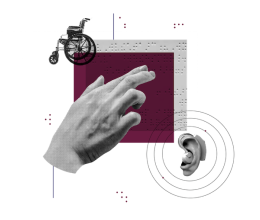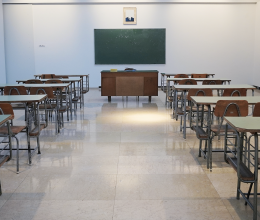I recently watched a segment of the PBS documentary Brains on Trial titled “Deciding Punishment.”Through the use of a fictional trial, this segment explored the relationship between neuroscience and our current criminal justice system. It paid special attention to the development of the adolescent brains and how its affects decision making, revealing how its immaturity makes young people more likely to act in an impulsive and foolish manner they may later regret.
Though this documentary focused solely on the scientific perspective, it begs the bigger question: Do we really believe that our youth belong in the criminal justice system? The ACLU recently featured the story of Kyle Thomas. When his high school teacher tried to take a note from him, he thought she was teasing and tried to get it back. When he realized she was serious he immediately stopped. Though seemingly a harmless misunderstanding, Kyle was subsequently arrested and then placed under house arrest.
Sadly, Kyle’s story is a clear example of the school to prison pipeline that is funneling our youth directly into our criminal justice system. For more information about the school to prison pipeline click here. Once inside that system, young people will find it increasingly difficult to exit, facing significant barriers when they try to re-enter traditional schools. In addressing America’s epidemic of mass incarceration, it is of the utmost importance that we stop the next generation of people from being put behind bars. Our youth belong in schools not prisons.






